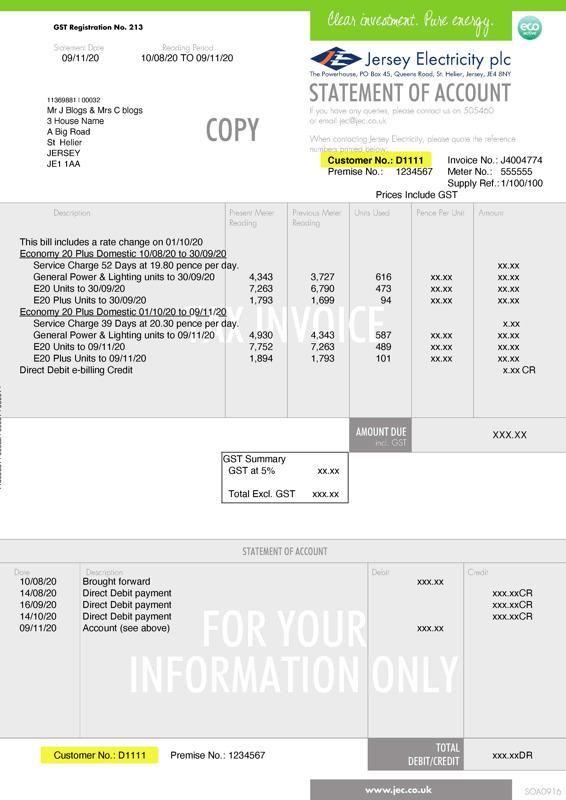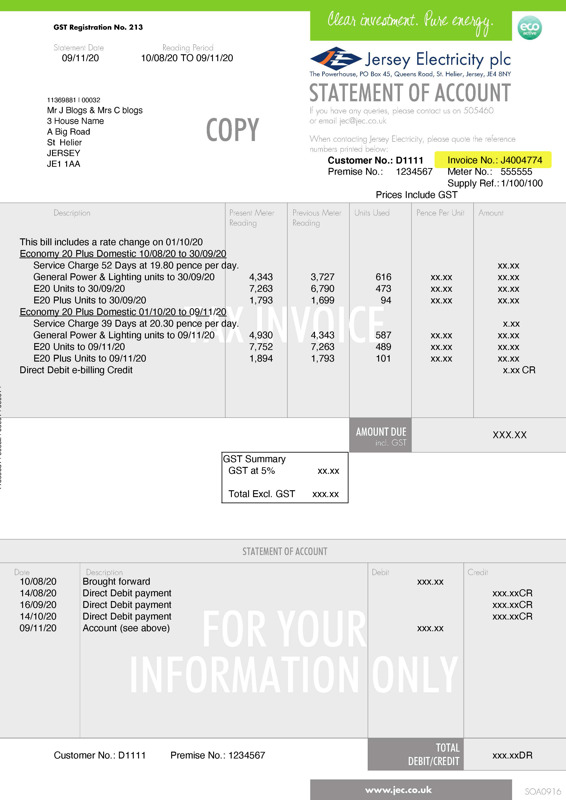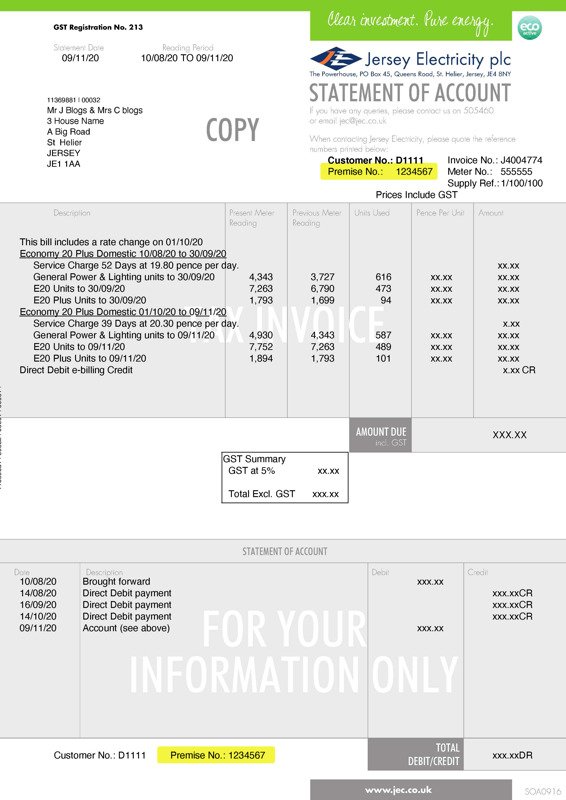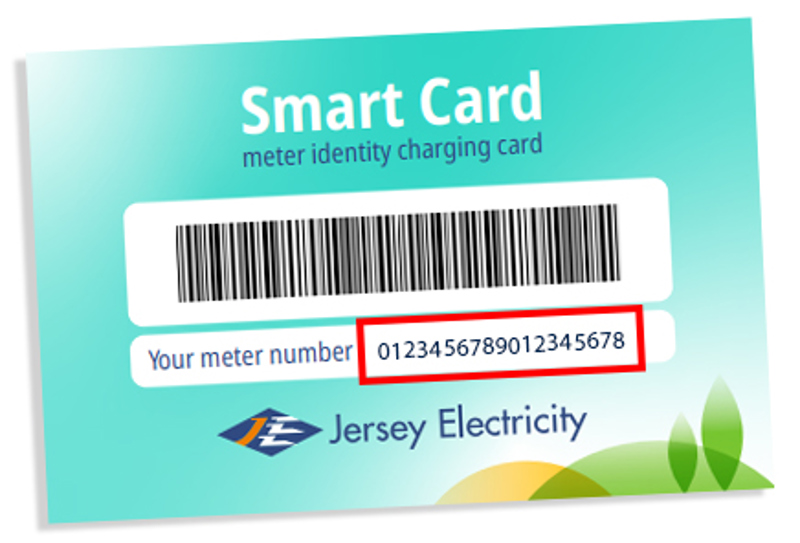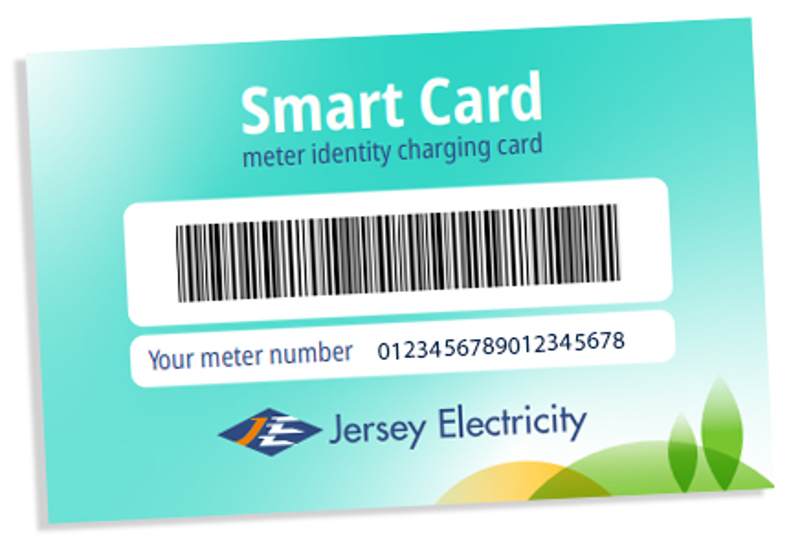Electricity prices in Jersey will rise by 2% from 1 June 2018 - the first price rise for over four years. The rise is well below the latest inflation figure of 3.6% and will add around 35p a week to the average domestic bill of £900 a year.

CEO Chris Ambler says four years without a price rise is an achievement given the level of investment in infrastructure such as the £70m Normandie 3 cable in 2014
Electricity prices in Jersey will rise by 2% from 1 June 2018 - the first price rise for over four years. The rise is well below the latest inflation figure of 3.6% and will add around 35p a week to the average domestic bill of £900 a year.
Jersey Electricity CEO Chris Ambler said the rise was inevitable following the fall in foreign exchange rates, and other inflationary pressures, since the last 1.5% tariff rise in April 2014 and particularly since the UK’s Brexit vote.
Mr Ambler said: ‘Providing affordable electricity and maintaining stable pricing are the most important factors in the provision of our service to customers. We have kept prices at the same level for more than four years which is quite an achievement given the scale of our investment in infrastructure over the last five years and when compared with the UK that has seen the ‘Big Six’ electricity companies increase retail prices by an average of 14% last year alone.
‘Our supply agreement with EDF in France, which last year we extended by five years to 2027, combines a fixed price component with the ability to hedge purchasing over a rolling three-year period. These arrangements provide us with a degree of near-term certainty, but because we procure in Euros, the fall in Sterling has had an inevitable impact on our costs over time. By keeping this rise below inflation and by deferring its implementation until after the winter, we hope we have minimised the impact on household budgets.’
Following Jersey Electricity’s multi-million pound investment in two new undersea cables in 2014 and 2016, Jersey now benefits from low carbon electricity via three links to France across two diverse routes for added supply security. In addition, one third of all electricity supplied in Jersey is from certified renewable sources, higher than the share of renewables in both the UK and EU. At 35g CO2 e /kWh in 2017, Jersey’s electricity supply is less than one tenth of the emissions of the UK grid which aims for 100g CO2 e /kWh by 2030.
This small, below-inflation, price rise will continue to allow Jersey Electricity tariffs to benchmark favourably against other jurisdictions’ electricity prices.


